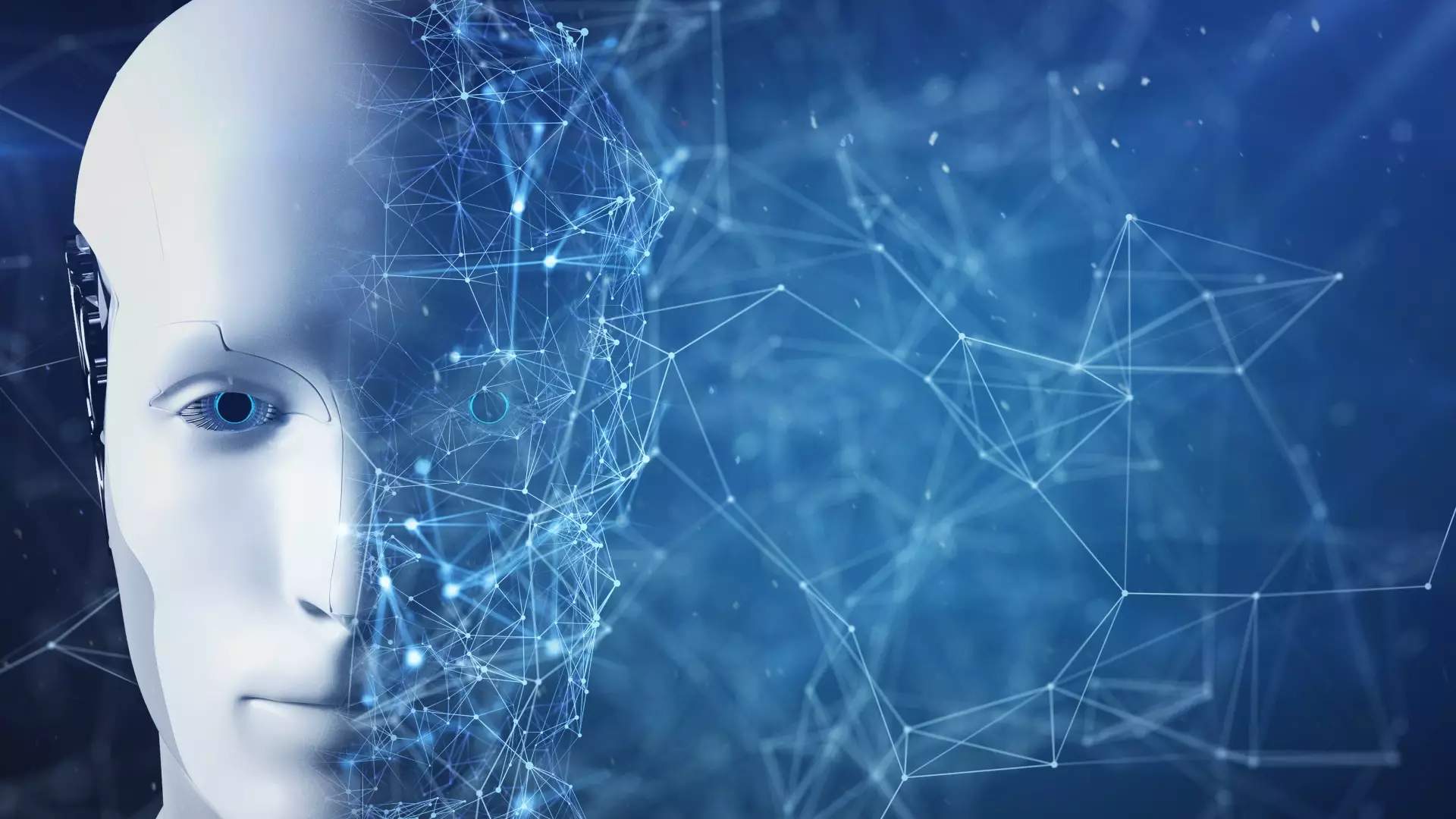Technology has always served as a double-edged sword, wielded by human hands to pursue both noble causes and nefarious ends. We find ourselves at a junction where artificial intelligence (AI) fits seamlessly into this narrative, not merely as an autonomous force but as a powerful tool that, when utilized wisely, has the capability to enhance human experiences significantly. However, fundamental questions persist about the ethics of its implementation and the potential ramifications of relinquishing too much control to algorithms.
As we inch closer to a future dominated by machine learning, it’s essential to reframe our perspective on AI from a mystical entity to a facilitator of human learning. China is currently at the forefront of a pioneering initiative to utilize AI in educational settings, setting a precedent that recognizes the potential of this technology in an area that shapes future generations. While discussions about AI usually evoke images of machine-driven dystopias, the forthcoming application within classrooms may illuminate a path toward an enriched, personalized learning experience.
China’s Vision for AI in Education
China’s educational overhaul, as reported by Reuters, aims to integrate AI systematically across its schools, heralding a transformative approach to teaching and learning. With an ambitious target of becoming a “strong-education nation” by 2035, the Chinese education ministry envisions leveraging AI technologies to develop essential competencies in both students and teachers. From nurturing communication skills and collaborative capabilities to fostering independent thought and problem-solving, the objectives are steeped in serious educational philosophy.
The integration of AI into textbooks and teaching methods represents a strategic maneuver not only to enhance the efficiency of educational systems but also to stimulate innovation within the realm of learning. If properly executed, this initiative could uplift educational standards, ensuring that curricula stay relevant to the rapidly changing demands of society.
AI as a Catalyst for Personalized Learning
One of the most compelling aspects of AI’s role in education is its potential for customization. Traditional educational models often fail to address the diverse learning needs of students, resulting in a one-size-fits-all approach that can alienate those who do not thrive in such environments. AI’s ability to analyze large data sets and detect learning patterns can lead to individualized educational experiences that adapt to each student’s unique pace and style of learning.
Critics often express concern regarding the effectiveness of AI in creative tasks, given that many current AI models are primarily language-based and can produce misleading information. While this aspect raises red flags, the key lies in the application and oversight of these technologies. For AI to add substantive value in educational contexts, it must be purpose-built—developed in close collaboration with educators and continually refined through feedback.
The Challenge of Trust and Transparency
Despite the promise that AI holds, significant skepticism shadows its implementation, especially in countries like China and the United States. The pivotal issue is trust; how can educators, parents, and students feel assured that AI is being utilized ethically and effectively? Transparency is crucial. AI systems designed for educational purposes must be developed with clear guidelines and should undergo consistent scrutiny to ensure their output remains reliable and relevant. This meticulous approach can help dispel fears surrounding the use of AI in classrooms and foster a collaborative environment where technology enhances human intelligence rather than supplants it.
Addressing these ethical considerations will require international dialogue and shared standards among nations. Without cooperative efforts to create robust frameworks for AI in education, there’s a risk of generating disparities that could deepen existing inequities within global educational systems.
A New Paradigm of Learning
As we contemplate the future landscape of education, the integration of AI technologies must be predicated on an understanding of their multifaceted nature. Rather than allowing fears of automation to dominate the conversation, we should embrace the opportunities that lie ahead—opportunities that could redefine what it means to learn and teach. It’s an exciting time to evaluate how AI can complement and enhance traditional pedagogical methods.
If done thoughtfully, the transition to AI-enhanced education could cultivate a generation of learners equipped with the skills necessary to thrive in a complex world, capable of critical thinking, creativity, and collaboration. This journey won’t be without its challenges, but it offers the promise of a more adaptive, engaging, and inclusive educational experience for all.

